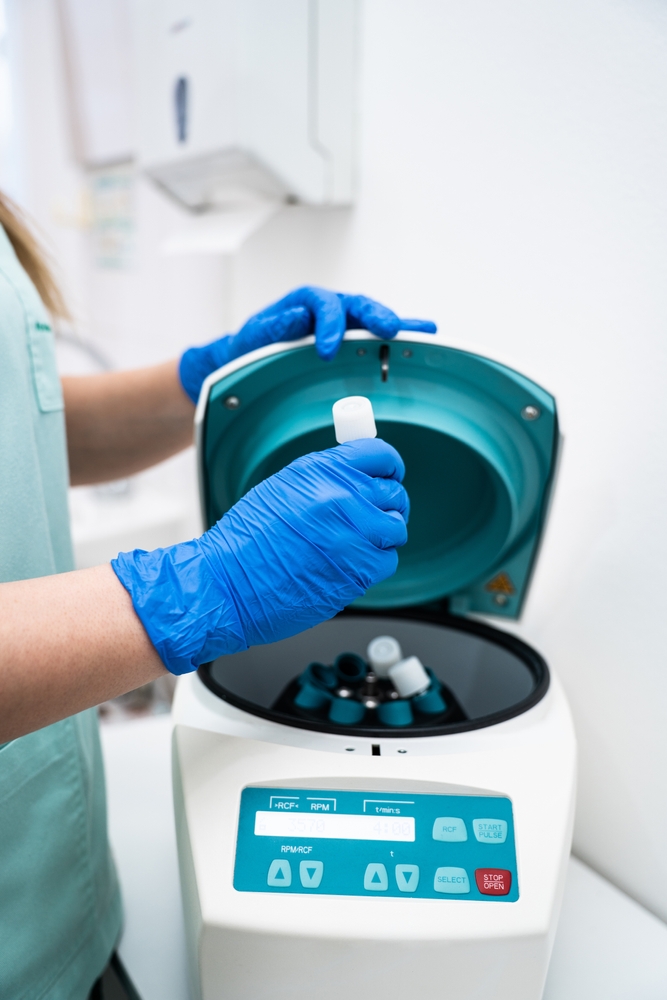Mark Kopec Now
Reproductive Endocrinologist
Medical Malpractice with Baltimore Reproductive Endocrinologist Lawyer Mark Kopec
Reproductive endocrinologists are medical specialists who focus on diagnosing and treating infertility and also other hormonal disorders. Accordingly, they go through education and examinations to ensure they possess the necessary knowledge to provide complex and often emotionally sensitive care. However, they can commit medical malpractice. If you have been injured, you may need Baltimore reproductive endocrinologist lawyer Mark Kopec at the Kopec Law Firm.
Education and Training
- Medical School: Firstly, reproductive endocrinologists complete a four-year degree in medicine from an accredited medical school.
- Residency: Following medical school, they undergo a four-year residency program in obstetrics and gynecology (OB/GYN). This residency provides comprehensive training in women’s reproductive health, including pregnancy, childbirth, and gynecological conditions.
- Fellowship: Afterward, to specialize in reproductive endocrinology and infertility, physicians complete a three-year fellowship training program. Consequently, this training focuses on advanced diagnostic techniques, surgery procedures, and medical treatments for infertility, hormonal disorders, and other reproductive issues.
Licensing and Board Certification
- Medical License: All physicians in the United States must obtain a medical license from the state in which they practice. This license ensures that they have met the necessary educational and training requirements to provide medical care.
- Board Certification: Reproductive endocrinologists are also eligible to become board-certified by the American Board of Obstetrics and Gynecology (ABOG) in the field of reproductive endocrinology and infertility.

Types of Patients and Medical Conditions
Reproductive endocrinologists treat a wide range of patients, including:
- Women:
- Infertility
- Ovulatory dysfunction
- Endometriosis
- Polycystic ovary syndrome (PCOS)
- Premature ovarian insufficiency
- Uterine fibroids
- Recurrent pregnancy loss
- Menopausal symptoms
- Men:
- Male infertility
- Erectile dysfunction
- Hormonal imbalances
- Vasectomy reversal
Tests and Treatments
Reproductive endocrinologists utilize a variety of diagnostic tests and treatment options, including:
- Diagnostic Tests:
- Ovulation prediction kits
- Blood tests (hormone levels, genetic testing)
- Ultrasound examinations (pelvic, transvaginal)
- Hysterosalpingography (HSG)
- Laparoscopy
- Hysteroscopy
- Semen analysis
- Treatments:
- Ovulation induction medications
- Intrauterine insemination (IUI)
- In vitro fertilization (IVF)
- Intracytoplasmic sperm injection (ICSI)
- Egg freezing
- Embryo freezing
- Surrogacy
- Hormone therapy
- Surgery (e.g., endometriosis excision, myomectomy)
Where They Work
Reproductive endocrinologists typically work in:
- Private practices: They may establish their own practices or join existing groups of OB/GYNs.
- Hospitals: They may be employed by hospitals and provide care within their fertility clinics or also as part of the hospital’s OB/GYN department.
- Academic medical centers: They may work at universities, conducting research and also teaching alongside their clinical duties.
- Fertility clinics: They may specialize in working exclusively in fertility clinics, collaborating with other specialists such as embryologists and andrologists.
Collaboration with Other Medical Providers:
Reproductive endocrinologists often collaborate with a team of other doctors and medical professionals, including:
- OB/GYNs: They may consult with or refer patients to other OB/GYNs generally for gynecological care.
- Urologists: They may work with urologists for the evaluation and treatment of male infertility.
- Embryologists: They work closely with embryologists in the laboratory to prepare eggs and sperm for fertilization and then monitor embryo development.
- Andrologists: They may consult with andrologists for the evaluation and treatment of male infertility issues.
- Genetic counselors: They may refer patients to genetic counselors for genetic testing and counseling.
- Psychologists and counselors: They may work with mental health professionals to address the emotional and psychological challenges associated with infertility.
Types of Medical Malpractice Claims with Baltimore Reproductive Endocrinologist Lawyer Mark Kopec
Medical malpractice claims against reproductive endocrinologists can arise from a variety of circumstances, including:
- Misdiagnosis: Incorrect diagnosis of infertility or other reproductive conditions.
- Diagnostic errors: Failure to identify or properly interpret diagnostic tests, such as blood tests, ultrasounds, or semen analyses.
- Treatment errors:
- Improper administration of medications (e.g., wrong dosage, timing)
- Surgical errors during procedures (e.g., damage to organs, infections)
- Failure to obtain informed consent for procedures
- Negligence: Failure to provide appropriate care or follow accepted standards of practice.
- Lack of communication: Failure to correctly communicate with patients about their diagnosis, treatment options, and risks.
- Wrongful birth: This is a complex legal claim that may arise in situations where a child is born with birth defects due to medical negligence.
Next Step: Call Baltimore Reproductive Endocrinologist Lawyer Mark Kopec
This page provides a general overview of medical malpractice related to reproductive endocrinologists. If you believe you may have been the victim of medical malpractice, it is crucial to consult with an experienced medical malpractice attorney. We can review your case, gather evidence, and advise you on your legal options.
Visit the Kopec Law Firm free consultation page or video. Then contact us at 800-604-0704 to speak directly with Attorney Mark Kopec. He is a top-rated Baltimore medical malpractice lawyer. The Kopec Law Firm is in Baltimore and pursues cases throughout Maryland and Washington, D.C.





